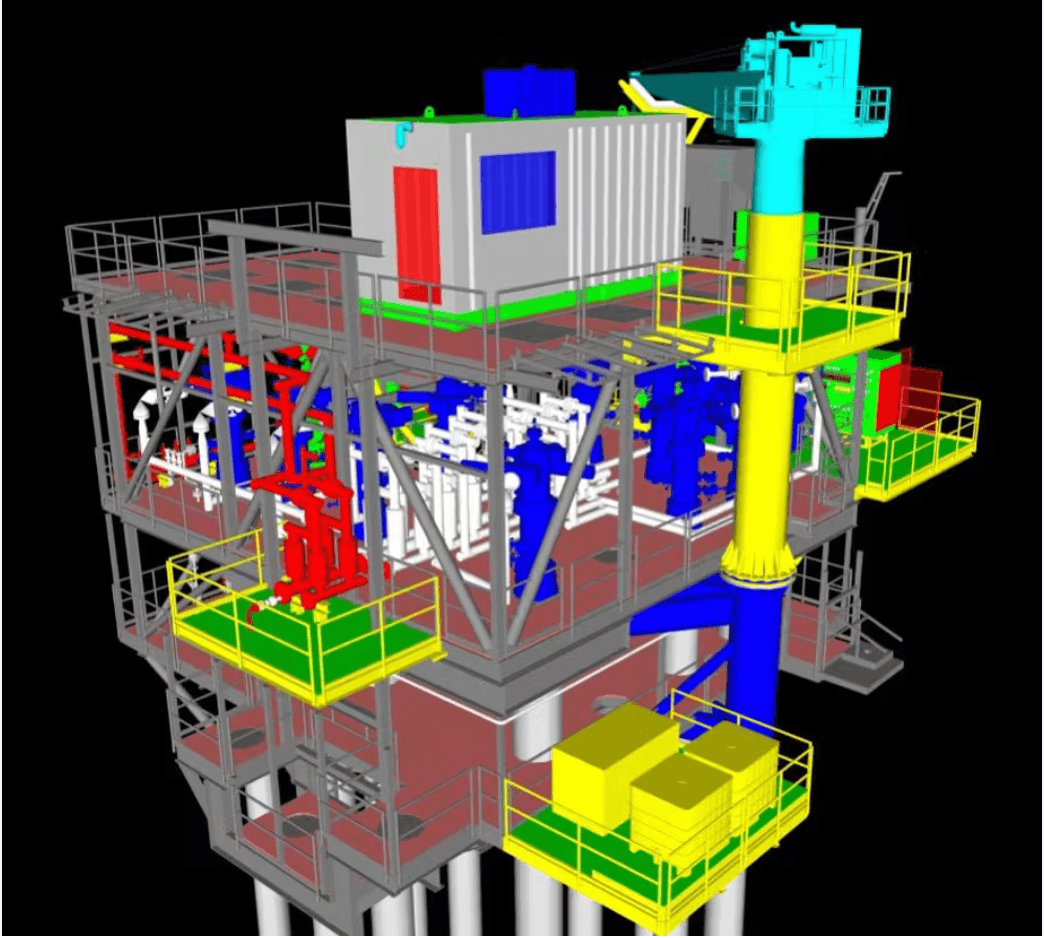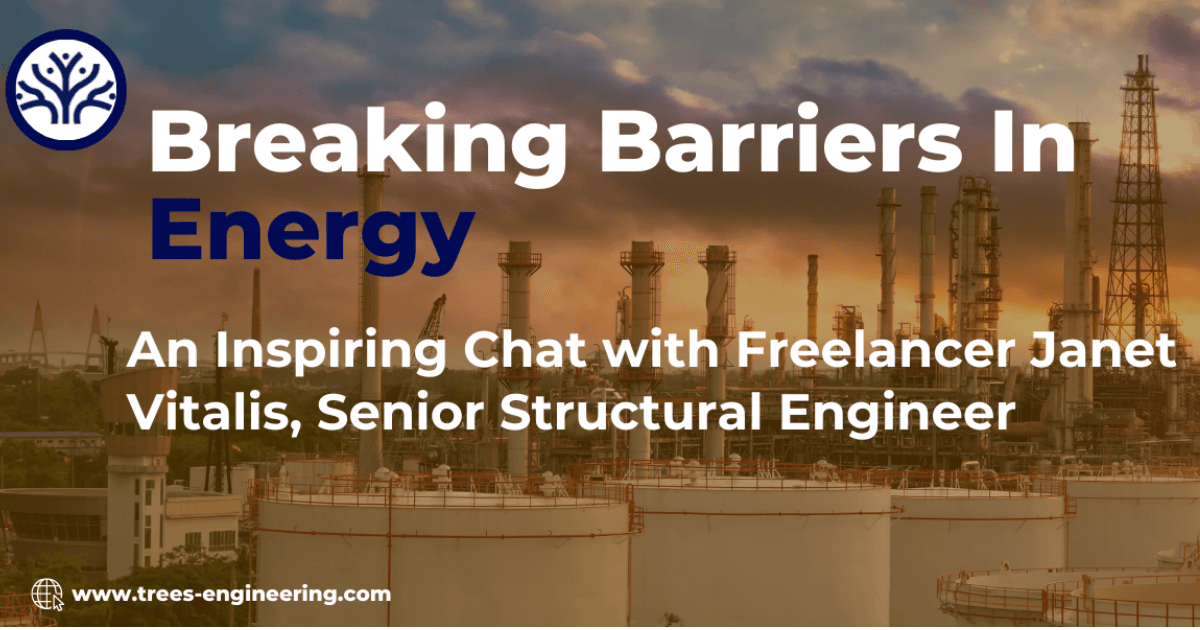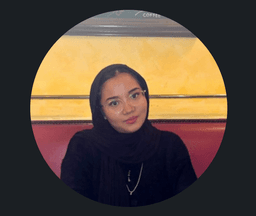
The image illustrates the structural engineering design of an offshore project - courtesy of 2hoffshore The oil and gas sector, a powerhouse of global energy, relies on a foundation that often remains hidden from view: structural engineering. Once notably male-dominated, it has seen a remarkable surge in the presence of women professionals. Compared to the industry 30 years ago, the sector now witnesses diverse talents, and Trees Engineering is here for it. We had the privilege of conversing with a trailblazing freelancer - Janet, who offered her insights into this evolving landscape.
I never chose anything in my life, this industry sort of just chose me.
1. What are your responsibilities as a structural engineer?
I'm talking solely based on my experience as a structural engineer in oil and gas only, specifically offshore projects. Just like normal construction, if you’re doing RC (reinforced concrete) design for buildings, for example, you will need to design the supporting member, like a column or beam. In oil and gas, it’s the same, only we use steel. So a structural engineer will run an analysis using software or provide some calculations to determine whether our structure is strong enough to withstand all of the load. We mostly provide structural support for interdisciplinary such as Mechanical, Process or E&I, for their instruments and machineries inside the oil rig platform.
Basically what we do is we analyse if the structure is sound enough to withstand the load, be it from the machinery, instrumentation or piping, or the environment, such as wind, wave, snow, or even an earthquake, depending on the location or client’s requirement.
2. Could you share a bit about your journey and what inspired you to become a structural engineer in the oil and gas industry?
I never chose anything in my life, this industry sort of just chose me. During my study years, I wasn’t really interested in physics or such, but somehow I just ended up here. Then, after working for some time, I realised that it became a rewarding and fulfilling career and just continued to pursue it. Besides, every project has its own unique challenge, which adds extra thrill to it.
3. As a senior structural engineer, you've worked with FPSOs (Floating Production Storage Offloading) – Can you tell us about some of your most memorable projects and the challenges you've overcome?
I’ve worked with one FPSO project before, Mero 3 with Aker Solutions. The most memorable thing about it is working with very tight deadlines. Which is good because I can see myself growing both professionally and as a person overall. This type of work can be very tiring, we need to work long hours, but I am fortunate enough because I have a very supportive team and we work hand in hand to ensure we meet our deliverables.
Based on my experience, I came to realise that people in this industry are more helpful and never belittle others regardless of their career level. I am beyond grateful because I am often attached to a team that works so closely together to meet our goal and ensure we deliver it on time.
4. Being a woman in a traditionally male-dominated sector can be a unique experience. What are some of the challenges you’ve faced in the industry?
To be fair, I’ve never been involved in any other field professionally other than construction, so I don’t know what it’s like for other women from other industry experiences. But I would say that I sometimes get treated differently. Some men refuse to take orders (despite me being their direct reporting personnel) and there are others who just will completely dismiss opinions from a lady. It’s not just in this industry, it’s something that women have to go through in their daily lives. In my work line, there are men who are too intimidated by women, but I would say it only happens 1% out of my overall experience. I think they are more open to listening to the woman’s perspective nowadays. After all, both men and women will see things differently. More women are joining this industry now, and I am excited to see more of us join this industry in the future.
5. Where do you see yourself 5-10 years from now? Any career changes or goals you want to achieve?
Like I’ve mentioned before, I’ve never really chosen anything in my life, I often just go with the flow. I’m a firm believer in just going with the flow in life and grabbing any opportunities that you can get. That’s how I ended up freelancing in the first place. But of course, in the long run, say 5 or 10 years from now and if I can progress fast enough in my career, I’d like to be leading a whole project team by myself.
6. Would you advise more women in engineering to join freelancing?
If you have the opportunity, why not? I say this because I know you will have nothing to lose. Especially, if you’re single with less commitment, just go for it. If you never try, you will never know.

